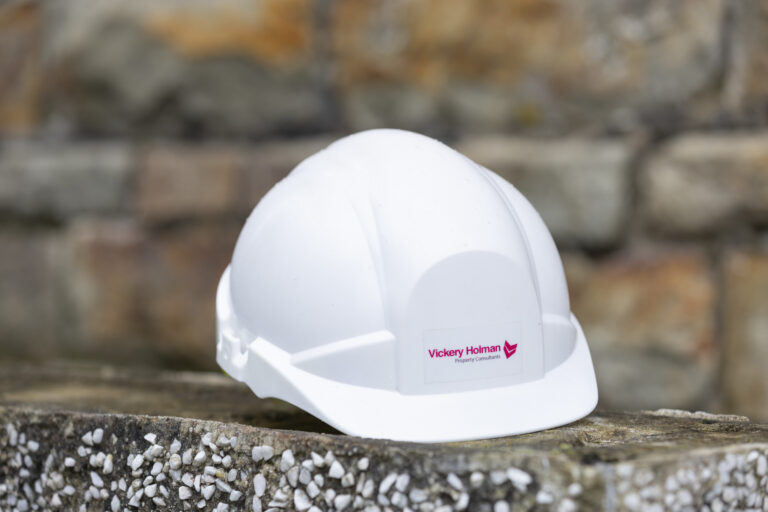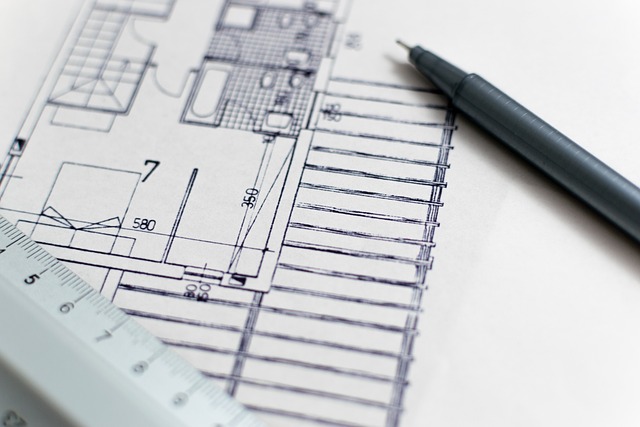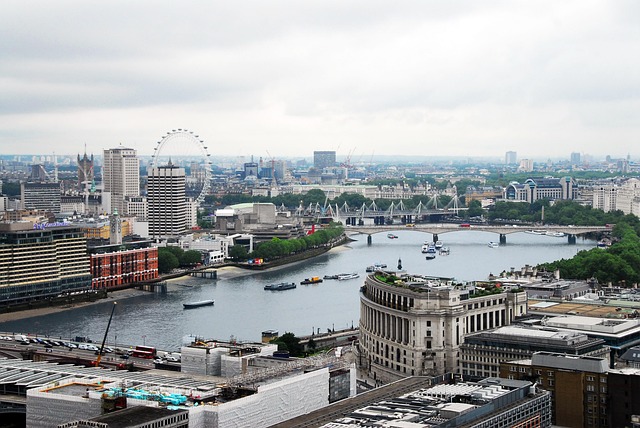Business Rates Liability During Redevelopment Works
Our rating consultants have an excellent record of assisting commercial property owners and developers looking to carry out extensive refurbishment or redevelopment works.
Home / Services / Business Rates Consultancy / Business Rates Liability During Redevelopment Works
Business Rates Liability During Redevelopment
The question of business rates liability during redevelopment works was considered by the Supreme Court in 2017. If your property is undergoing redevelopment works and is essentially incapable of beneficial occupation, it may be possible to reduce your RV or have it removed from the Rating List altogether.
Our rating consultants have an excellent record of assisting commercial property owners and developers looking to carry out extensive refurbishment or redevelopment works and have the expertise to submit the required supporting evidence and negotiate with the VOA on your behalf, to achieve the best possible savings. An example of this is commercial premises being converted to domestic accommodation.

Business Rates and Development Works
Whether a property is in ‘repair’ is a complex area of business rates law. Under the current definition of rateable value there is an assumption property will be ‘in a state of reasonable repair’. In most cases the hypothetical landlord will regard repairs as economically reasonable. Only where a property is in such a poor state of repair that a landlord would regard it as uneconomic to remedy the disrepair, is regard had to its actual condition. There is, however, a difference between whether a property is simply in a poor state of repair or being subject to a programme of redevelopment or reconstruction works.
Our team of rating consultants have the experience and expertise to advise you whether the works you are planning to, or are currently undertaking constitute the sort of works required to remove your business rates assessment from the Rating List. The process to alter or remove your business rates assessment is undertaken through the business rates appeal system known as Check, Challenge, Appeal. We can submit a detailed check and negotiate with the VOA on your behalf to achieve the best possible savings.
We have recently acted on the behalf of an owner of a substantial office building in Penzance, part of which was in the process of being converted to residential apartments.
Key Contacts
Business Rates Case Studies
Business Rates FAQs
What are business rates?
Business rates are a tax on the occupation of non-domestic property such as pubs, hotels, holiday rentals, warehouses, and shops, with the occupier being liable for the cost. This is usually the owner or occupier. If a property is empty, the liability lies with the owner or leaseholder. Business rates can be the biggest overhead for a business after rent and staff costs, so it is worth using a professional firm to review your business rates and check your rateable value is correct.
What is Rateable Value (RV)?
Rateable Value (RV) is the estimated amount a property would let for on the open market, on a full repairing and insuring lease basis, on a set valuation date. A property’s RV is calculated by the Valuation Office Agency (VOA). The RV is used by the local billing authority to calculate the business rates liability. The last revaluation conducted by the VOA came into effect on 1 April 2017 based on values as of 1 April 2015. It is possible your RV has been calculated incorrectly. A professional surveyor with expertise in business rates will be able to assess the accuracy of your assessment and in some cases, secure significant savings.
How much are my business rates?
Business rates are calculated by the property’s RV and Uniform Business Rates (UBR) multiplier. The UBR is set by the Government at the start of a Rating List and can only increase in line with the annual change in inflation between September and September each year. The formula is RV x UBR. Our specialist rating software can provide you with an estimate of your business rates liability over the duration of the Rating List. It is also possible to estimate your business rates or you can use the Government business rates calculator here.
Do I have to pay rates on an empty property?
Most property types are exempt from business rates for the first three months they are vacant. After this time, most businesses must pay full business rates, although there are some exceptions. Some properties can get extended empty property relief; for example, industrial and warehouse properties are exempt for a further three months, giving them six months before the owner or occupier must pay business rates.
The exceptions to the three-month initial period are:
- Industrial premises (for example warehouses) are exempt for a further three months
- Listed buildings (until they are re-occupied)
- Buildings with a rateable value under £2,900 (until they are re-occupied)
- Properties owned by charities if the property’s next use will be mostly for charitable purposes
- Community amateur sports clubs’ buildings if the next use will be mostly as a sports club
If you are the owner of a commercial property which is empty, or likely to become empty, please contact us to see how we can help you mitigate your liability for business rates.
Can I appeal the Rateable Value?
You can appeal your RV where there is evidence to show the RV is excessive or where other factors impact the rental value of a property. To do so, you must follow the Check, Challenge, Appeal (CCA) process. CCA is a three-stage online service, with incorrect factual details being dealt with at the check and the valuation at the challenge. You need to have completed the check stage first before you can submit a challenge. The Valuation Office Agency (VOA) deals with checks and challenges, whilst the independent Valuation Tribunal for England handles appeals.
Do I qualify for Small Business Rates Relief?
You can get Small Business Rates Relief (SBRR) if your property’s RV is less than £15,000 and your business only uses one property. 100% Relief is available for properties with a RV of £12,000 or less and on a sliding scale between £12,001 and £14,999. If you use more than one property, you will qualify for SBRR on your main property, if the aggregate of the RVs is less than £20,000 and none of your other properties have a RV above £2,899.
Do I need to pay business rates if I work from home?
You do not normally need to pay business rates if you work from home, assuming you are only using a small part of your home as an office, for example, or if you sell goods by post. If your property is part domestic and part commercial, for example if you live above your shop, you may need to pay both business rates and council tax. If you employ people at your home or if you sell goods or services to people who visit your property, you may be liable for business rates. Similarly, if you have converted part of your home to a workspace – a gym or salon, for example – you may be liable for business rates.
Can you check my historic business rates payments?
Using specialist rating software, we can examine your historical business rates payments dating back to 1990 to identify any overpayments. Where we uncover historic billing errors, we recover those sums on your behalf and ensure a rebate is issued accordingly.



















